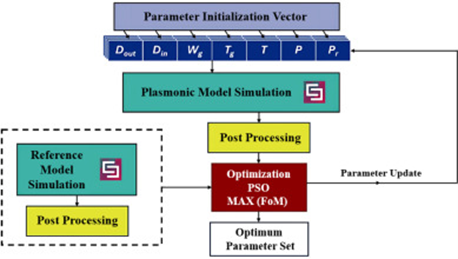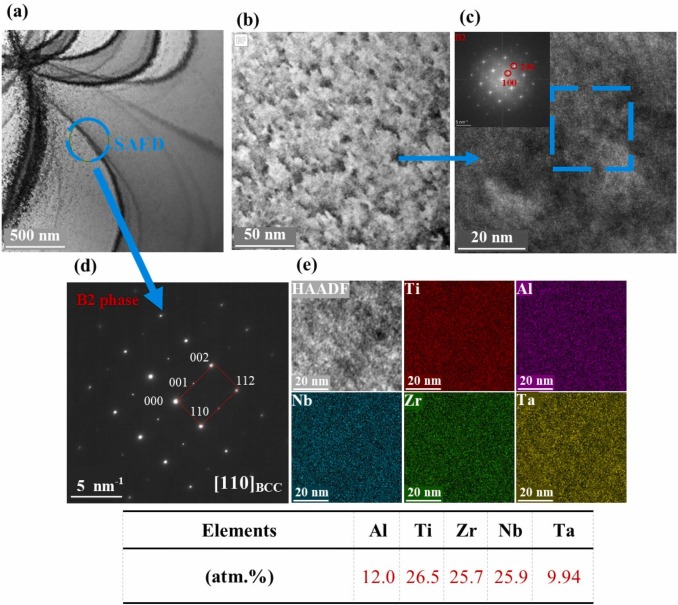

Comparative Analysis of a Generalized Heart Localization Model: Assessing Its Efficacy Against Specialized Models
Heart localization holds significant importance in the process of the diagnosis and treatment of heart diseases. Additionally, it plays an important role in planning the cardiac scanning protocol. This research focuses on heart localization by employing the multi-label classification task with the utilization of RES-Net50. The primary objective is to predict the slices containing the heart and determine its endpoint. To ensure high-quality data, we implement filtering techniques and perform up-sampling during the pre-processing stage. Two experiments were conducted to assess different approaches. Initially, distinct models were trained and tested for each axis of the patient (axial, coronal, and sagittal). The axial model achieved heart detection accuracy of 94.5%, while the coronal and sagittal models achieved accuracies of 98.3% and 97.3%, respectively. Subsequently, a comprehensive model was trained and tested on all axes of each patient simultaneously. This holistic approach resulted in an accuracy of 96.8%, showcasing the potential benefits of integrating information from all axes to enhance overall performance. Additionally, we compared the performance of our developed method with the 3D CNN localization model. However, the results indicated that the 3D CNN regression model did not perform as effectively as the classification-based models. In conclusion, the results unequivocally establish the general model as the most effective method across all different settings. The findings underscore the importance of considering a holistic approach when localizing the heart. © 2024 IEEE.



